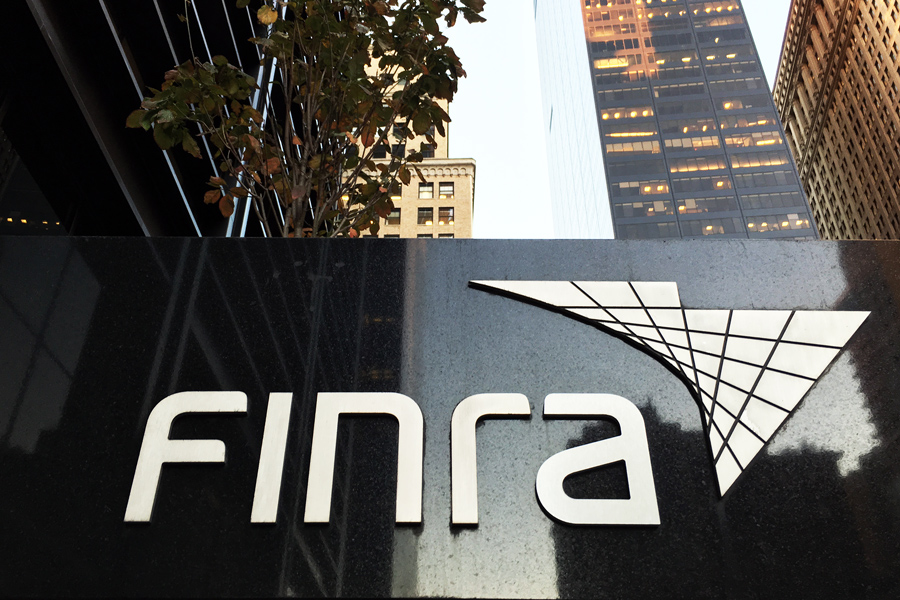One frequent complaint brokerages have about Finra exams is that the examiners don't understand the business.
The regulator is addressing that lack of knowledge, said Bari Havlik, Finra executive vice president for membership supervision.
"Finra has done a lot to educate examiners on firms' business models," Ms. Havlik said Monday at the
Financial Services Institute Forum in Salt Lake City. "We have a lot more work to do there. But I would hope that firms have seen progress in the right direction."
Ms. Havlik
joined Finra in April from Charles Schwab Corp., where she served as senior vice president and chief compliance officer. She replaced longtime Finra official
Susan Axelrod, who was executive vice president of regulatory operations.
In addition to enhancing its examiners' knowledge of the brokerage sector, Ms. Havlik said the regulator is working to reduce the length of exams, interpret exam results more consistently and provide more transparency about how it targets firms for exams based on the risks the firms pose.
The keynote session was structured as an interview between Ms. Havlik and FSI president and chief executive Dale Brown. Reading a question from the audience of about 200, Mr. Brown asked her how Finra approaches examinations of firms that are consistently in compliance.
She said it is not necessary to keep as close an eye on them.
"For the firms that are doing it the right way, I hope they will see a lighter touch on the exam standpoint," Ms. Havlik said.
The audience also pressed Ms. Havlik on why Finra puts the onus on brokerages not to hire registered representatives with histories of infractions rather than simply barring them from the industry.
She said Finra is exploring ways to strengthen its
crackdown on rogue brokers, but she also stressed that firms have a responsibility to review carefully the disciplinary histories of potential new hires. Ms. Havlik denied an assertion by an audience member that the regulator maintains a roster of brokers who frequently break Finra rules.
"I wouldn't say we quite have a recidivist-broker list," she said.
Prior to joining Finra, Ms. Havlik worked in the industry for 36 years for a variety of firms and in several different business functions. She said Finra must take into account the varying perspectives of the approximately 3,712 firms it supervises.
"It's not one-size-fits-all," Ms. Havlik said. "Finra being a membership organization, it's important to hear from the members and to understand the members' business models and how what we do impacts their business."







